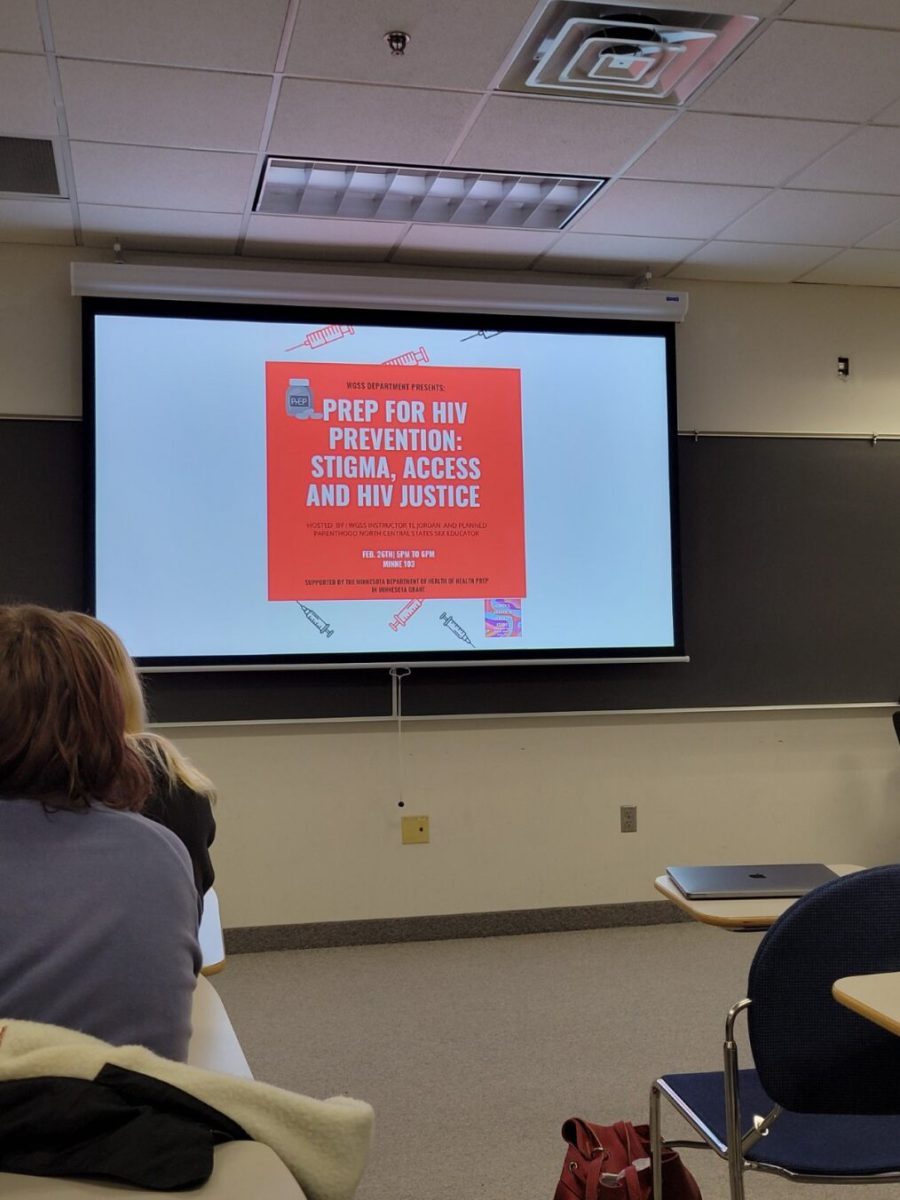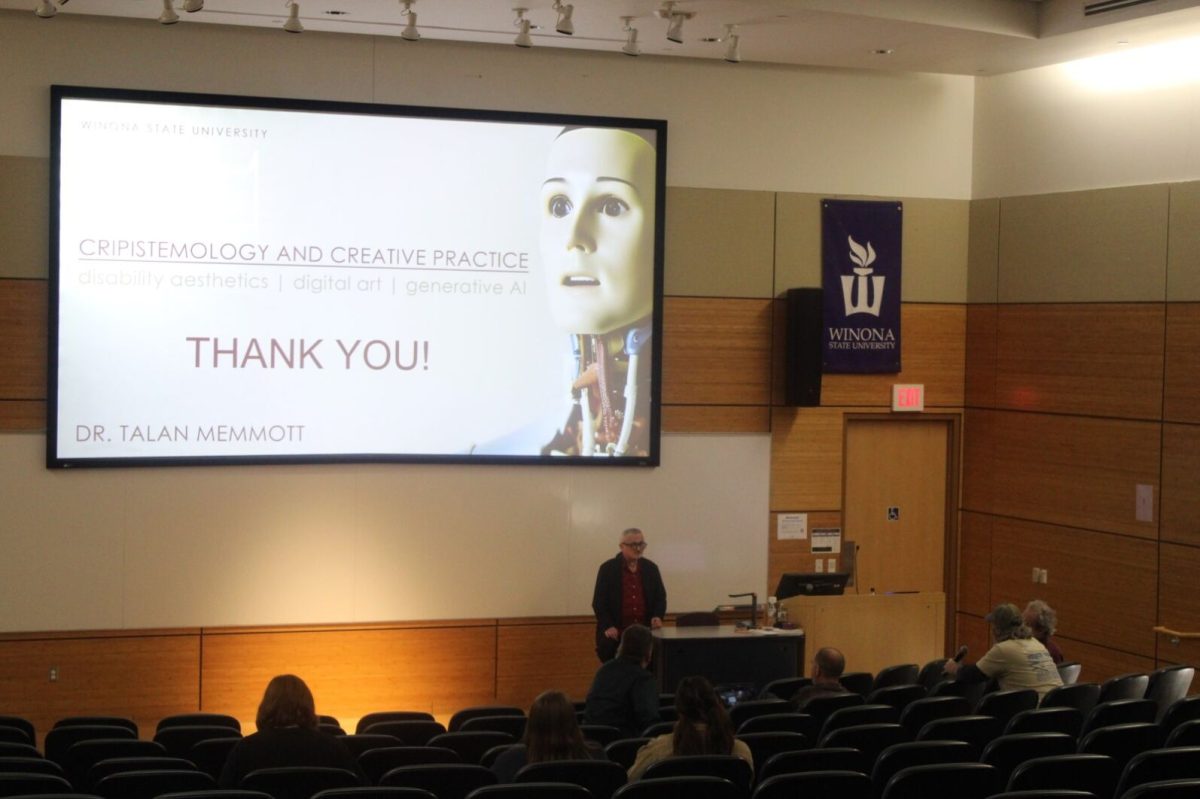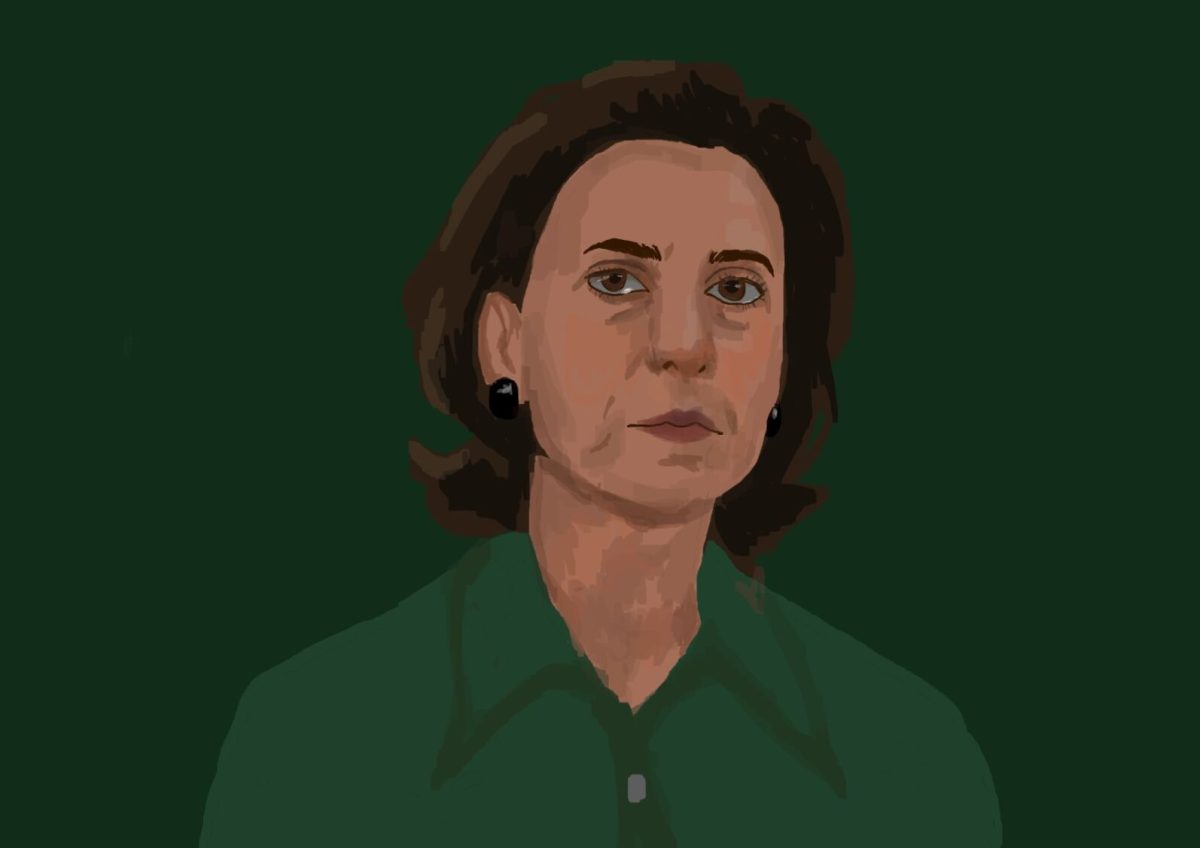Film in review: M. Night Shyamalan’s “Glass”
January 30, 2019
M. Night Shyamalan’s “Glass”, the long-awaited follow-up to his 2000 superhero thriller “Unbreakable”, as well as 2016’s “Split”, can be expected to leave fans of both films feeling confused and maybe even a little disappointed.
Much like how “Unbreakable” left fans of Shyamalan’s critical darling “The Sixth Sense” feeling underwhelmed or unsure of what to make of the film, “Glass” strays from being the predictable continuance of events that were introduced in “Unbreakable” and “Split,” and instead opts for a meditation on the role that superheroes play in our society.
“Glass” picks up three weeks after the ending of “Split”. We are re-introduced to Bruce Willis’s Superman-by-another-name David Dunn, who is now referred to as “The Overseer” by the media. Dunn has spent the last 19 years exacting his form of vigilante justice on the world, with the help of his adult son Joseph (Spencer Treat Clark). At the same time, we are introduced once again to James McAvoy’s serial killing Kevin Wendell Crumb, his 23 distinct personalities still very much in charge of his body, who are referred to as “The Horde”.
When Dunn and Crumb find themselves facing off against one another, they are quickly subdued and brought to a psychiatric hospital, which is under the very watchful eye of Sarah Paulson’s Dr. Ellie Staple, a psychiatrist who specializes in delusions of grandeur and treats people who are convinced they are superheroes. This brings Dunn back into the company of his arch-nemesis, the comic book-loving, mass-murdering and tissue-boned villain Elijah Price/Mr. Glass (Samuel L. Jackson), who is also a patient of Staples.
From the get-go, it’s clear that Shyamalan feels at home with these characters and this world he has spent the last 20 years creating. No, it’s not his best work, but it’s a far-cry from the Shyamalan we thought we were forever doomed to endure just a mere six years ago.
This world is rich and full of intrigue, and it’s enhanced with the help of a strong cast of characters, most notably McAvoy and Jackson, and a sure-fire direction that all but confirms Shyamalan has returned from the filmmaking-dead.
As the title suggests, Jackson’s Mr. Glass is essentially the compass by which this film’s is predicated on. Or rather, that’s what the film does once Price finally begins taking an active part in the plot. For the first hour or so, the film could’ve easily been called “Staple”, since Paulson’s character is responsible for bringing the triad of main characters under the same roof, acting as the lid that is keeping all these ingredients contained.
Disappointment can be derived out of the film’s choice of narrative, which feels remarkably similar to the build-up of “Unbreakable”, ending on a note that isn’t expected but not entirely satisfying either. I can’t help but wish there was just more for me to sink into. And perhaps that is the point the film is trying to make: reality is not all novelty and can be filled with fleeting moments of intrigue. I’m a benefit-of-the-doubt kind of person, so I like to think that Shyamalan created this film with a deliberate intention of leaving his audience hungry for more.
Even if “Glass” were in the same rank as Shyamalan’s critically-reviled “The Last Airbender” and “After Earth”—which it isn’t, by the way—I don’t think I would be able to truly be disappointed by it. The film isn’t what I was expecting, and unlike “Unbreakable”, I haven’t had 20 years to develop an impression, refine it and ultimately realize that the passage of time is a strange wormhole that is capable of repaving overall opinions. I’m curious to see how the next two decades alter my impressions of “Glass”, because the film has a time-capsule quality I can see unearthing itself as the years wear on. 3.5/5








































